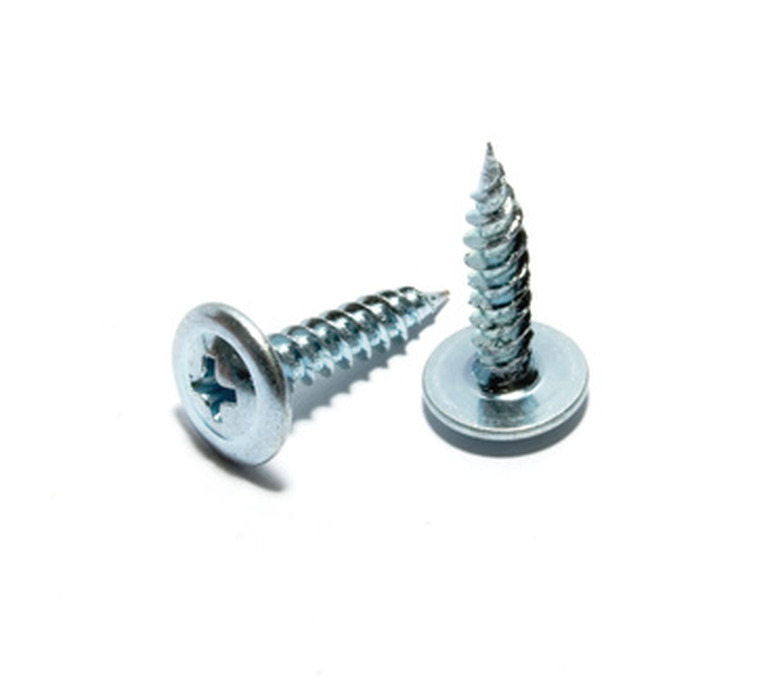Uses Of Zinc Carbonate
Zinc carbonate (ZnCO3), normally referred to as smithsonite, is an ore that contains the metal zinc. It was named after the English scientist James Smithson (who dedicated his fortune to create the Smithsonian museum in Washington, D.C.). The mineral has a number of uses in health care, metallurgy, electronics, and construction.
History
History
Before Robert Smithson, miners experienced a great deal of confusion about an ore known as calamine. Certain varieties of calamine could produce zinc, while others that appeared identical could not. Smithson discovered calamine actually consisted of two distinct substances: zinc carbonate (smithsonite), a good source for zinc, and zinc silicate (hemimorphite), a bad source of zinc. This discovery not only was of great benefit to miners, but his experiment brought together the sciences of chemistry and mineralogy which were mostly separate disciplines in the 19th Century.
Zinc
Zinc
The most important use of zinc carbonate is the zinc metal that can be extracted from the ore. Zinc is a blue-gray, metallic element, resistant to air and water corrosion and a good conductor of electricity. It is often used as a protective layer on iron and steel products to prevent them from rusting. As an alloy, it can be used for paint, chemical, and agricultural applications. It is also found in dry cell batteries, TV screens and fluorescent lights. Major refiners of zinc include the United States, Canada, Australia, Mexico, and Peru.
Jewelry
Jewelry
Smithsonite itself is often used ornamentally. When polished into a gemstone, it displays a blue to green globular habit with a feathery luster. Copper impurities often enhance the attractiveness of the mineral. When sold as a jewel, vendors often refer to smithsonite as "Bonamite." Bonamite is sometimes misrepresented as jade. Real jade bears no relation to smithsonite.
Health
Health
Zinc itself is an essential mineral for all human and animal life. It allows the body to process food and nutrients as well as supports the functioning of key enzymes. Zinc also is necessary for sexual maturation as well as skin and bone growth. Additionally, zinc carbonate plays a significant role in Chinese medicine. Smithsonite often may be used to treat problems with the stomach and liver. The mineral should not be taken internally, and the type and quantity of its usage should be determined by an experienced practitioner. Although there are no known drug interactions with smithsonite, its safety has not yet been evaluated by leading herbal medicine organizations.
Cite This Article
MLA
Lawrence, Noel. "Uses Of Zinc Carbonate" sciencing.com, https://www.sciencing.com/uses-zinc-carbonate-7889200/. 24 April 2017.
APA
Lawrence, Noel. (2017, April 24). Uses Of Zinc Carbonate. sciencing.com. Retrieved from https://www.sciencing.com/uses-zinc-carbonate-7889200/
Chicago
Lawrence, Noel. Uses Of Zinc Carbonate last modified March 24, 2022. https://www.sciencing.com/uses-zinc-carbonate-7889200/
